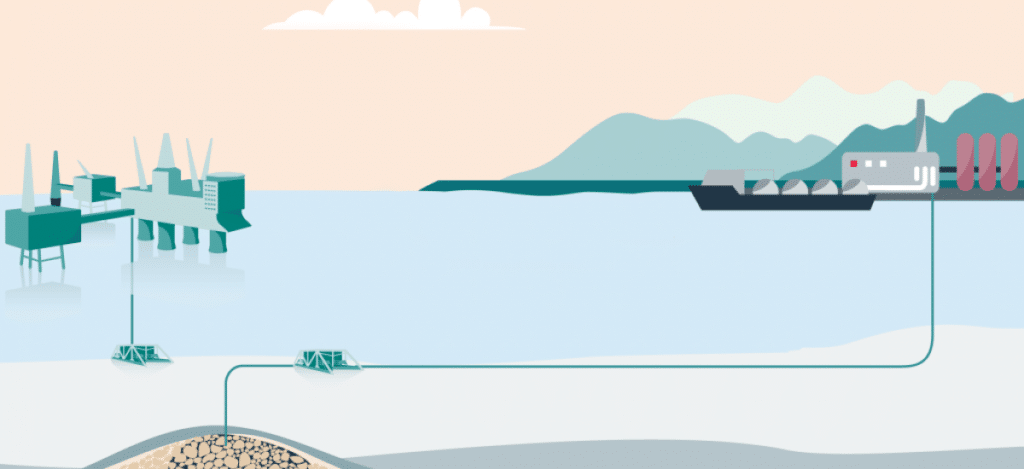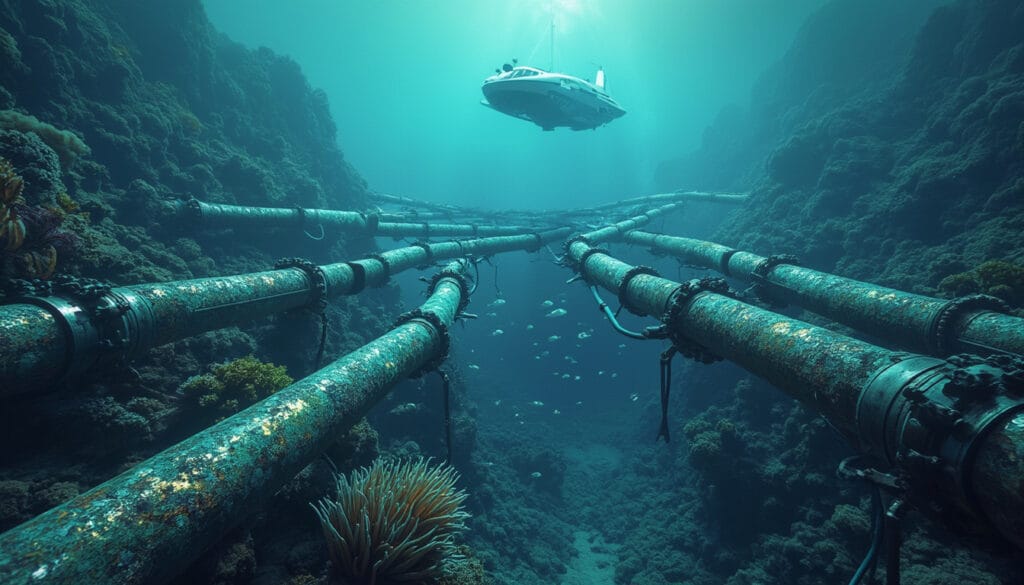The new oil and gas explorations planned in the North Sea, under preliminary licenses from the United Kingdom, could generate as much carbon dioxide as British households do in three decades. This observation raises the crucial question of energy future in light of environmental challenges, prompting a reevaluation of the permissions granted to fossil fuel companies. Controversial projects, such as the Jackdaw and Rosebank fields, are already receiving licenses despite their current inactivity. Their future carbon emissions jeopardize efforts to combat climate change, confronting the government with decisive energy choices.
The new potential sites for oil and gas drilling in the North Sea, currently based on early licenses in the United Kingdom, could emit as much carbon dioxide as British households produce in three decades. This warning has led to calls for the government to reject requests from fossil fuel producers seeking the final authorizations needed to begin their operations. Dozens of small potential sites, as well as several major controversial projects like the Jackdaw and Rosebank fields, have received some form of license, even though they are not yet operational. If all are implemented, the resulting emissions would have a global impact on the ability to avoid catastrophic levels of climate warming, according to research conducted by the Uplift campaign group. The authorized but yet undeveloped sites could contain up to 3.8 billion barrels of oil equivalent. Once burned, these reserves would release 1.5 billion tonnes of CO2. The emissions from 28 million British households are estimated at about 50 million tonnes per year.

the environmental impacts of new drilling
The new drilling sites in the North Sea raise serious concerns about their impact on the global climate. Unfortunately, these sites could produce as much carbon dioxide as all British households do in three decades. The total potential emissions are estimated at 1.5 billion tonnes, a figure that demonstrates the urgency for a firm political response aimed at regulating the exploitation of these oil fields. The public debate is heated, with environmental activists calling for a complete abandonment of new licenses to prevent these catastrophic emissions.
licenses and their role in emissions
Under the current regime in the United Kingdom, exploration licenses are granted at an early stage of the drilling process. These permissions do not imply immediate exploitation, but they pave the way for potential massive extraction. In fact, nearly 3.8 billion barrels of oil equivalent can be extracted under these preliminary licenses. Government institutions must respond to the criticism and consider solutions that minimize climate risks.
a necessity for energy transition
A transition to sustainable energy requires a proactive approach to ensure sustainable development. Governments must go beyond simply canceling existing licenses and explore strategies to create new job opportunities in the renewable energy sector. Initiatives like CO2 storage and emission reductions become essential to achieve this goal. The United Kingdom aims to store up to 50 million tonnes of CO2 each year, illustrating a commitment to a clean energy future. This underscores the importance of a structured plan for a fair and effective transition for workers and industry in a changing climate.
Articles similaires
Thank you!
We will contact you soon.














